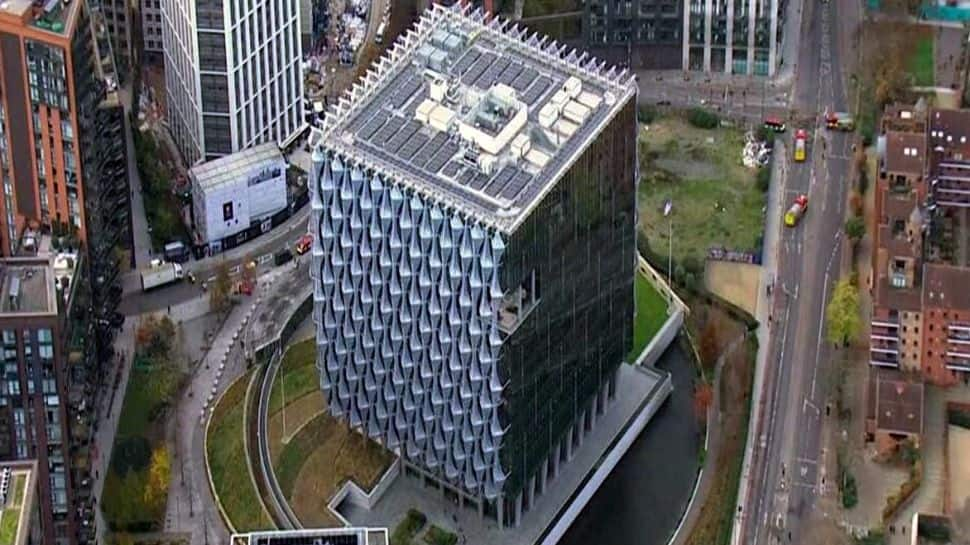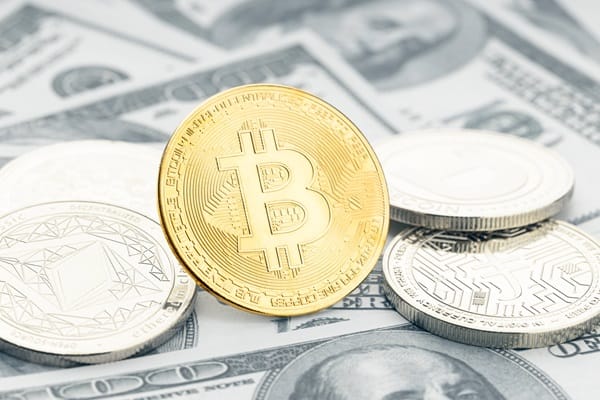Bussiness
Reviewing recent global market turmoil | London Business School

The US Federal Reserve’s decision not to cut interest rates, along with several other key factors, produced a fierce stock market selloff at the beginning of the month of August.
Market turmoil – a combination of factors
Ignited by concerns that the Fed had missed an opportunity to bolster the US economy, and as fears of a US recession spread, stock markets around the world took a beating, with Japan’s Topix suffering the worst of all, plunging by 12 per cent, its worst performance since 1987.
On her regular monthly appearance on the Sirius XM’s Business Briefing programme, London Business School’s Dr Linda Yueh noted that while there was still some volatility “the market instability now appears to be largely behind us”, adding that there a number of factors which had triggered the selloff, including disappointing US jobs data.
News that the US economy had added just 114,000 jobs in July – well below the anticipated 175,000 number that had been anticipated – combined with underwhelming earnings updates hitting several large tech companies, was capped off by further news that the Federal Reserve had decided to hold interest rates steady.
On the back of this poorly-received body of news, global markets reacted, producing a dramatic US sell-off followed by sharp declines in Japan and Europe.
In Japan, few analysts believe that the dramatic fall of the Topix signalled concerns about the country’s leading companies, or was an indication of instability in the country’s financial system. “The market volatility was more of a reflection of global market turmoil than concerns about the Japanese economy itself,” said Dr Yueh.
The Bank of England cuts interest rates for the first time since the pandemic
In the UK, the Bank of England took the decision to cut interest rates but governor Andrew Bailey warned not to expect a sharp fall in inflation in the coming months. In a closely run decision, rates were lowered to five per cent, from five and a quarter per cent, marking the first interest rate cut since the start of the pandemic in March 2020.
Dr Yueh said that the decision to cut interest rates had been extremely close, with five members of the BoE’s Monetary Policy Committee of nine voting to cut interest rates. “It was really close, as close as it gets,” said Dr Yueh.
Inflation has subsequently been revealed to have increased from two per cent in June to two point two per cent in July, although this is smaller than the two point four per cent anticipated by the BoE when it published its latest forecasts at the start of the month.
All that glitters (might be) recovered gold
Dr Yueh closed her conversation with a fascinating account of a Canadian company that recovers gold from old electronic products such as mobile phones. Excir is now working with the UK’s Royal Mint, which has opened a pioneering facility in South Wales. The facility is dedicated to extracting gold from ‘e-waste’, in a move that will, it is hoped, provide a more sustainable source of the precious metal and reduce dependence on traditional mining methods.
The 3,700 square metre Precious Metals Recovery factory uses world-first patented chemistry from Excir. With this technology, the Mint will extract gold from printed circuit boards (PCBs) found in everyday electronics such as TVs, laptops, and mobile phones. This method works in a matter of minutes and operates at room temperature, making it both energy-efficient and cost-effective..
The Royal Mint has been engaging with major industry bodies to aid in the development of the first International Organization for Standardization (ISO) standard for recycled gold. This initiative aims to provide clarity to the industry, end consumers, and other stakeholders.










